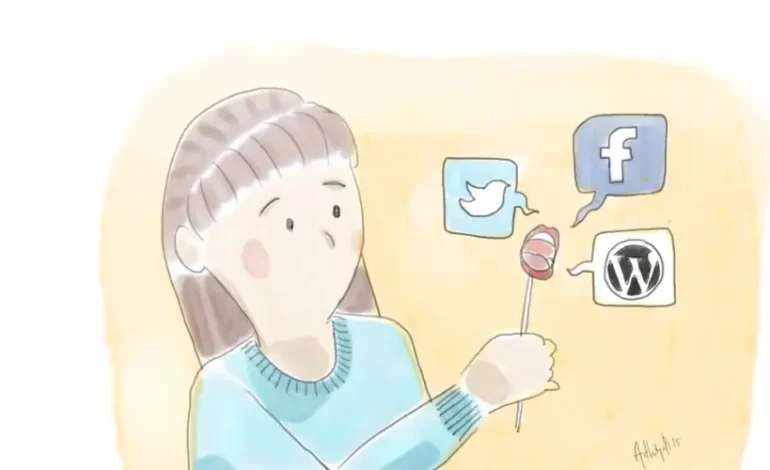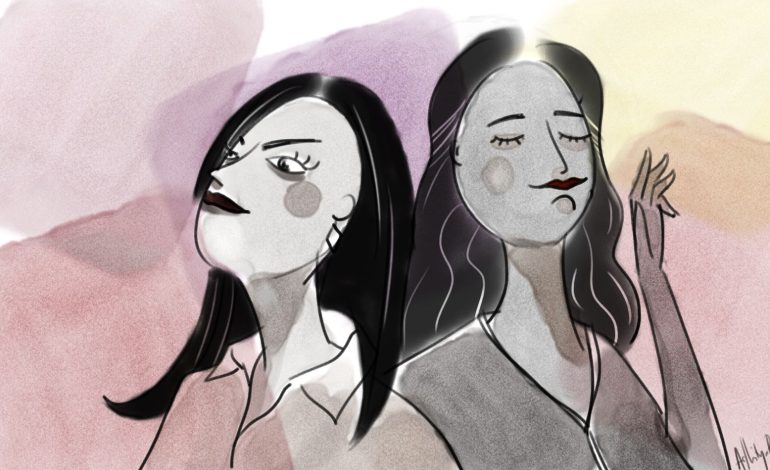Opinion Selfie: Why We Can be Full of Ourselves

“Should our website have a blog?” remains to be an unresolved question in our workplace. The answer, at least to me, seemed straightforward. For scholars working in a research center specializing on the theory and practice of democratic governance, it is only reasonable to write introspections that aim to clarify, add nuance or provoke conversations about complex public issues.
The argument against blogging came from a PhD candidate who was writing a dissertation on grassroots environmental movements. “Who knows,” he said, “in the future, we might discover that there is such thing as polluting the cyberspace with content that is more than what is necessary.” I was initially dismissive of this comment. I failed to grasp how precisely “pollution” can happen in a virtual world that appears to have no limits. I thought my colleague was just being stubborn.
It is only recently that I have come to appreciate the merit of this argument. The flurry of reports on corruption scandals and tasteless electoral posturing, statements justifying bigotry against transgender people and remarks claiming Yolanda-hit areas are already “back to normal” have left me overwhelmed. The more I read reports and commentaries online, the more I get annoyed not only because of what’s happening but also because I am unable to make sense of these issues. The more news clips I watch, the more I find the series of events confusing.
The trouble is, as an active Facebook user, I have developed an instinct to always say something and give into the cajoling question “What’s on your mind?” This, I reckon, is the reason why blogging for work seemed like a no brainer for me. I’m concerned that staying silent online could turn into political apathy and slip into complicity to the status quo.
At a time when reports on impunity and injustice are easily accessible, is staying silent even an option?
Attentive silence
In the book Listening for Democracy, Andrew Dobson hints at a way to work around this dilemma. When we think of a vibrant democracy, we often think of it as “being noisome and full of the sound of voices.” However, Dobson underscores that public conversation also requires attentive listening. To pause for reflection, withhold judgment and carefully consider what the other has to say are conditions for meaningful communication. Silence affords us the opportunity to avoid misinterpreting our fellow citizens’ views, to spot subtleties and sarcasm, as well as see through political spin and outright lies.
Unfortunately, today’s obsession with speed tends to compromise the virtue of silence. The architecture of social media and the value the 24/7 news cycle places on “breaking news” socializes us to think that we need to immediately and publicly react to an event. Having Internet-enabled mobile devices intensifies the temptation to make public our knee-jerk reactions no matter how mundane, prejudiced or ill-informed. Some call this #mema (may masabi lang), an exhibition of an unreflective self, or an “opinion selfie,” as a colleague puts it.
There are various manifestations of this observation. We see this in the comments section of online articles where some are quick to post remarks, even though they have very little bearing on the article’s content. We notice this on Facebook and Twitter where links are shared—sometimes accompanied by impassioned captions—before they are actually read.
In Rappler, this is apparent in some readers’ reflex to click on the big red circle in the mood meter every time an article on the Binays get published. It is also the failure for attentive listening that drives a visibly piqued President to sarcastically challenge one of the sharpest minds in the House of Representatives to run for president given that he “complains a lot.”

What’s on your mind?
Who stands to gain when we fall in the trap of telling the world “what’s on our minds” too soon too fast? Speed, Dobson argues, is the “friend of the powerful and the enemy of the powerless.” Those who stand to gain from the speed of communication today are those who have access to digital technologies—citizens who already have the economic capacity and social capital to shape the political conversation among what some snobbishly label as “the informed public.”
The danger here is that it skews the national conversation towards those who have strong presence online, while further marginalizing the voices of those who are not part of this exclusive conversation. Inequality of political voice often leaves us off guard. When we are confronted with realities that do not correspond to the views we read online, we feel uncomfortable, even slighted. This, I suppose, is one reason why a number of us find it difficult to comprehend why presidential polls consistently place the Vice President on top—how can this be given that the virtual world has been rather punishing against the Binays since the 2013 elections?
Perhaps it is time to shift gears, to connect our freedom to speak to our obligation to listen to make sense of our public lives. How many netizens, for example, who dismiss the masa voters as “bobotante” reached out and sought to understand the voting preferences of their fellow citizens instead of conveniently blaming “the poor and uneducated” for all our political ills?
Habits of democratic communication
A number of us have mastered compressing our thoughts to 140 characters, using mood-enhancing filters in our photographs and timing blog posts to maximize page views. I reckon we have reached the point where upgrading our social media literacy skills is a must—from learning how to use technologies to amplify our voices to learning how to take a step back and think about how we can cultivate a media environment that tends to contemplation over the pollution of shrill commentary.
By saying this, I do not mean to undermine the importance of popular online campaigns and critical voices that expose abusive use of power. These, indeed, have a valuable role in democratic practice.
Instead, this piece is a reflection about the challenges we face as social media users in a sociological landscape where scandals and hysteria have become the new normal. It is an attempt to think about how we can shape our shared virtual space to empower the voiceless and search for the truth than serve as another venue where we can be full of ourselves.
Nicole Curato is a sociologist. She is currently post-doctoral research fellow at the Center for Deliberative Democracy and Global Governance at the University of Canberra.
This article was first published by Rappler.com, a Manila-based social news network where stories inspire community engagement and digitally fuelled actions for social change.






















